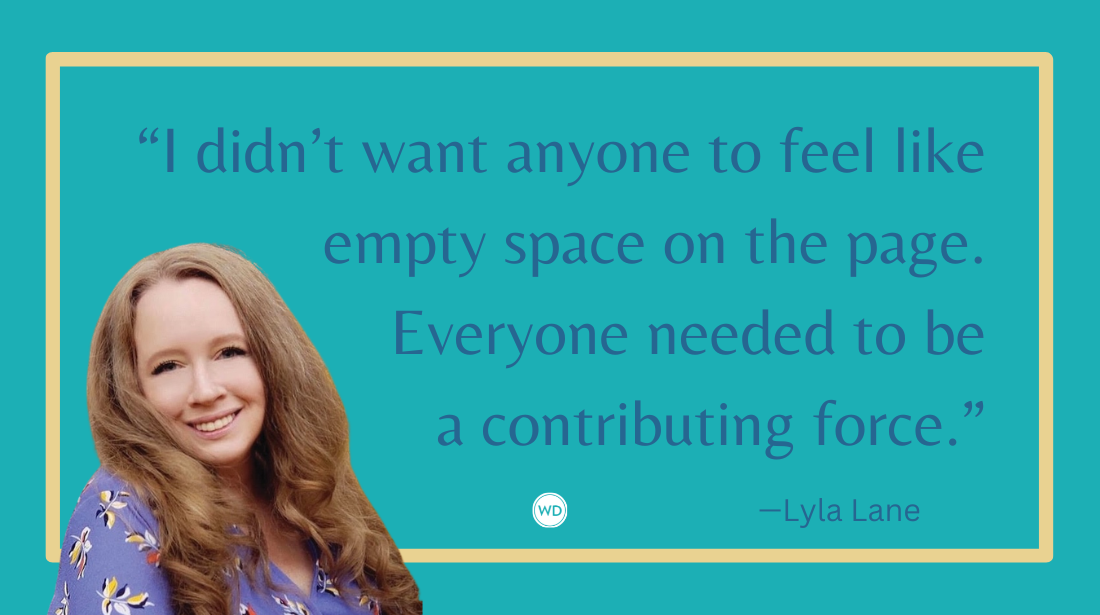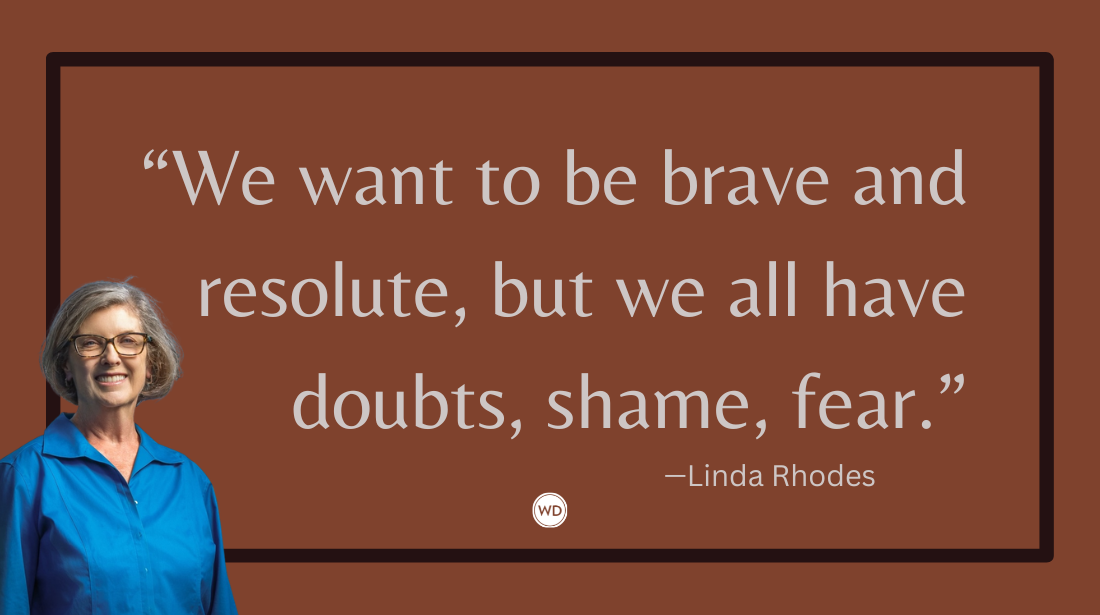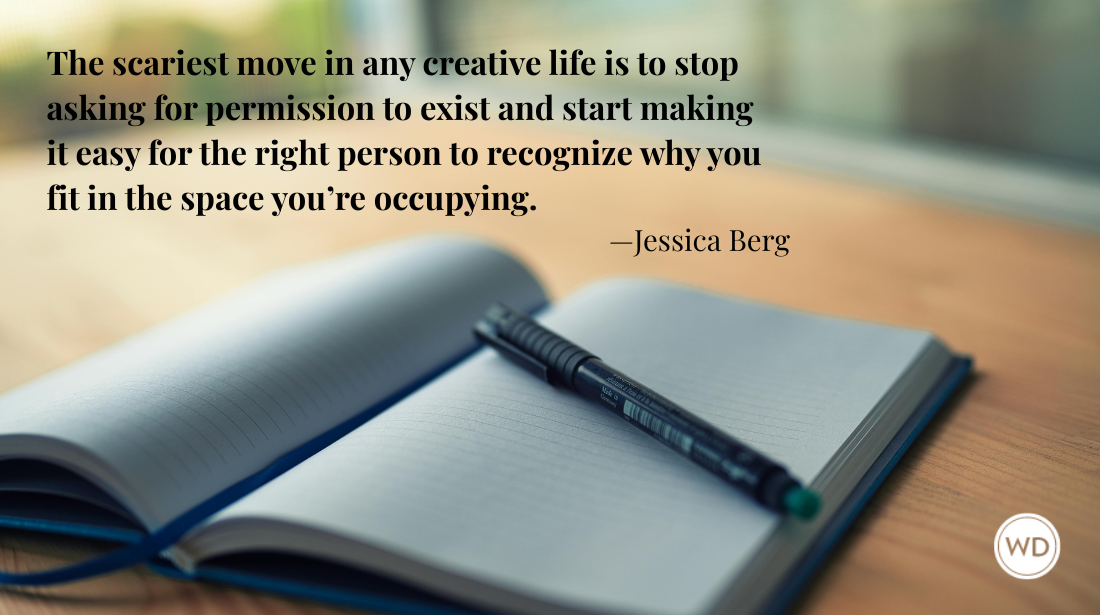William J. Kole: Be Bold and Courageous
In this interview, author William J. Kole discusses pulling back the curtain on evangelism and America’s gun crisis in his new book, In Guns We Trust.
William J. Kole is an editor for Axios and an award-winning veteran journalist who has reported from North America, Europe, Africa, and the Middle East. He has served as Vienna bureau chief for The Associated Press and also as New England bureau chief. A former lay missionary for the Assemblies of God and worship leader at evangelical churches in Europe and around New England, he served as board president of Dorcas USA, an international Christian relief and development agency. Kole is the author of The Big 100, which Jane Goodall called "stimulating and inspiring." He lives in Rhode Island. Follow him on X (Twitter), Facebook, Instagram, and Bluesky.
In this interview, William discusses pulling back the curtain on evangelism and America’s gun crisis in his new book, In Guns We Trust, his hope for readers, and more.
Name: William J. Kole
Literary agent: Rick Richter, Aevitas Creative Management
Book title: In Guns We Trust: The Unholy Trinity of White Evangelicals, Politics, and Firearms
Publisher: Broadleaf Books
Release date: October 14, 2025
Genre/category: Religion, Politics, Social Sciences
Previous titles: The Big 100: The New World of Super-Aging
Elevator pitch: In Guns We Trust is an unsettling investigation into how—and why—the gun culture became such an article of faith among conservative Christians, who not only own significantly more firearms than any other subset of the U.S. population but also run some of the nation’s largest gun-making companies.
What prompted you to write this book?
I’m a musician, and one summer’s eve, the bass player in my Massachusetts megachurch worship band showed up to practice with a 9mm semiautomatic handgun. That jarring experience set me on a quest to understand why white evangelicals have abandoned Christianity’s pacifist tradition and embraced an entrenched gun culture even as America annually is bloodied by more mass shootings than there are days in the year. These are people who claim to be pro-life and most readily offer “thoughts and prayers” when it’s taken, yet they’re even bringing their guns to church. I had to figure out what was going on.
How long did it take to go from idea to publication? And did the idea change during the process?
The book took shape relatively quickly during a year of travel to the South, the Midwest, and the U.K. (where, unlike their American counterparts, most Christians can’t conceive of arming themselves). As I immersed myself ever deeper into white evangelical culture, I quickly realized the U.S. will never solve its gun problem without appealing to these believers. Why? Because they keep electing pro-Second Amendment politicians who are blocking the common-sense gun reforms most Americans say we want.
Were there any surprises or learning moments in the publishing process for this title?
You’ll hear a lot of fatalism about our uniquely American gun scourge—“It’s part of our DNA;” “We’ll never be able to solve it;” “The gun lobby is too powerful”—but in fact, it’s eminently fixable. Australia and New Zealand tightened their gun laws after a single mass shooting and haven’t had another since. So did Scotland, where I interviewed some of those who took decisive action after enduring their own horrible version of Sandy Hook in 1996. “Never again,” the U.K. declared, and it hasn’t had a school massacre since. If they can do it, so can we.
Were there any surprises in the writing process for this book?
I have a long personal experience with evangelicalism—I even served for three years as a lay missionary—and though I’ve since left the movement because of its stance on guns, immigrants, and LGBTQ+ people, I found it deeply troubling to confront all of that anew. This project has truly shaken my own faith to its core. At one point in the book, I found myself channeling the band R.E.M.: “That’s me in the corner … losing my religion.” As an “exvangelical,” I’m still deconstructing and reconstructing what I believe.
What do you hope readers will get out of your book?
In Guns We Trust pulls back the curtain on the locked-and-loaded Christianity that is perpetuating America’s gun crisis. By accompanying me on this deep dive into what’s making white evangelicals cling ever more tightly to their guns, I hope readers will be emboldened to engage in intentional conversation with their pro-gun conservative Christian neighbors and family members. We don’t have to keep living and dying like this.
If you could share one piece of advice with other writers, what would it be?
Resist “impostor syndrome” and be bold and courageous. You’ll always write most compellingly about what you know most intimately. There’s a reason why you were drawn to your topic, so don’t hold back—hold forth!







